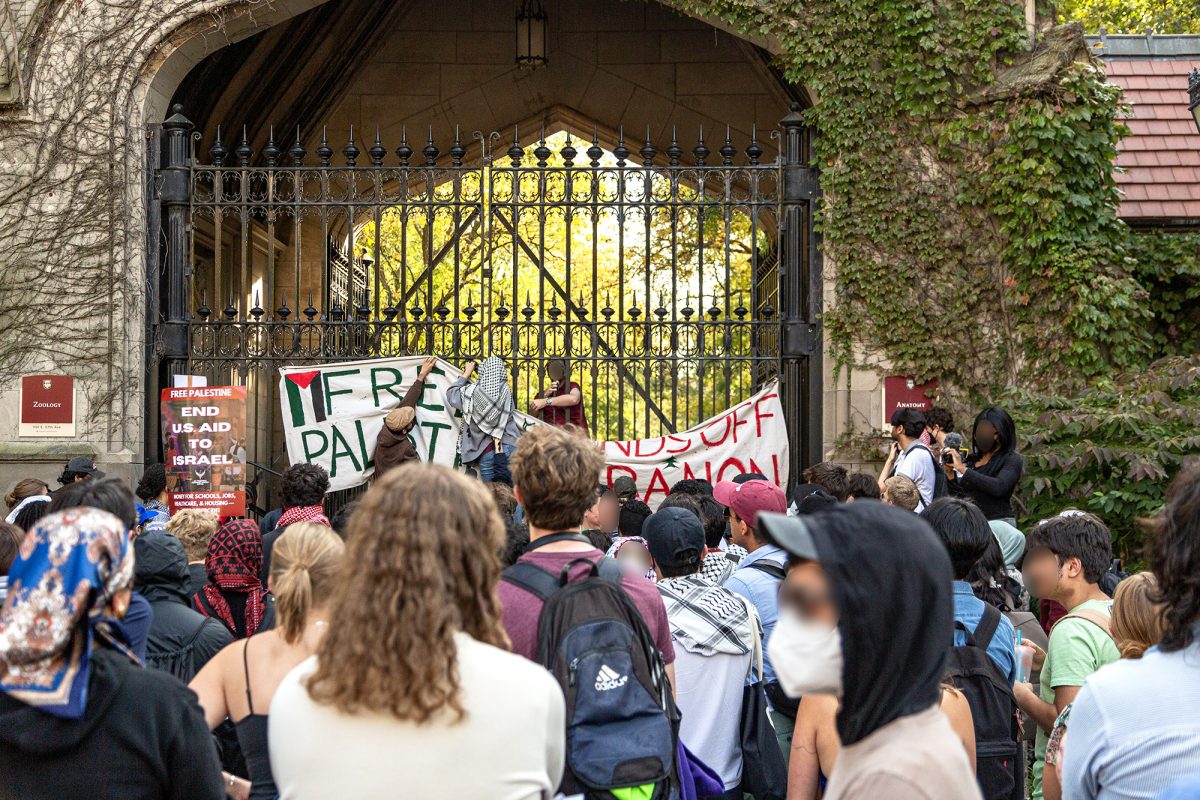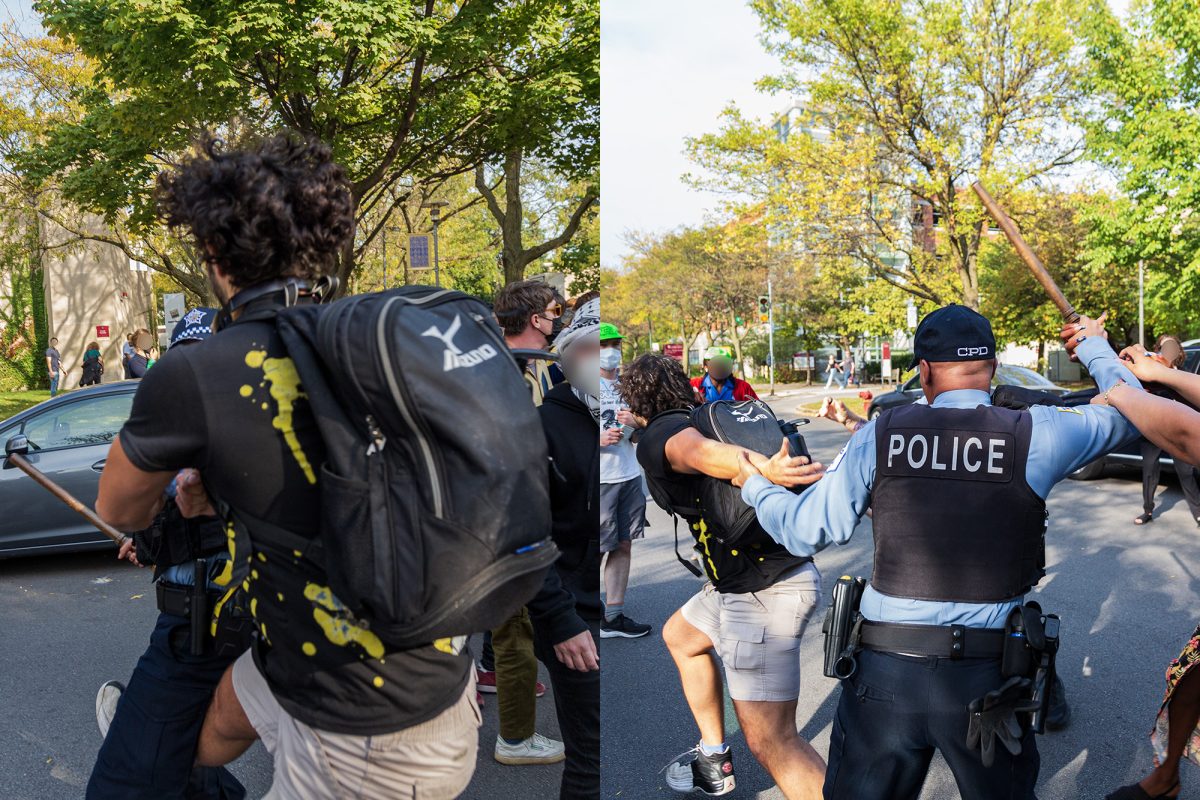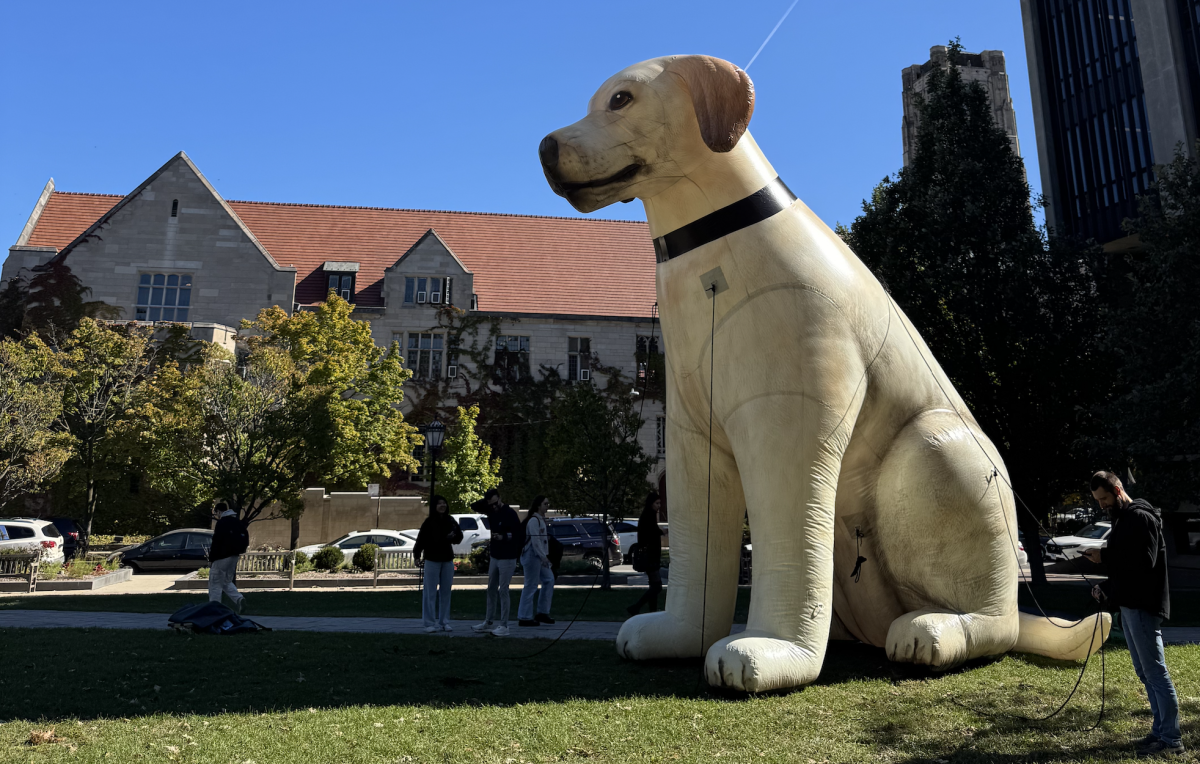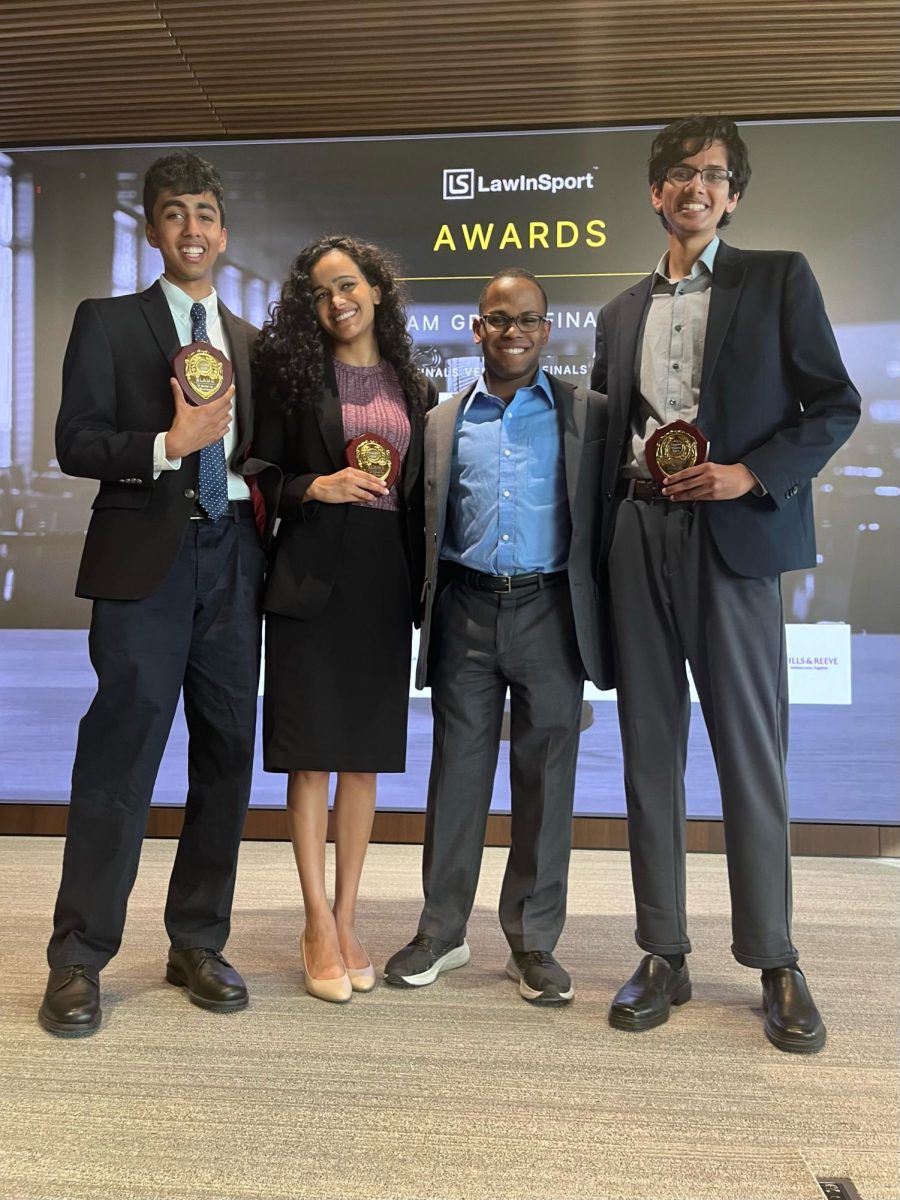[img id=”78517″ align=”alignleft”]
The government of Honduras has consistently violated human rights and censored the media that could keep it in check, according to human rights advocate Berta Oliva, speaking on Monday in Stuart Hall.
The January 2009 coup d'état in Honduras that ousted president Manuel Zelaya cast a cloud over the Latin American democracy, Oliva said.
“We are living in a military dictatorship which is much more dangerous than dictatorships in Chile in the 1980s,” she said through a translator. “This is because it is a silent dictatorship.”
Oliva received the Letelier-Moffitt Human Rights Award on Wednesday for her work with the Human Rights Platform of Honduras. The award is presented by the Institute for Policy Studies in Washington to those who advance human rights in the Americas.
Emphasizing the rampant censorship in the current government and attacks on journalists in the country, Oliva said many foreigners misunderstand Honduras’s plight. “We are victims of disinformation,” she said. “[The government] informs the international community of what they want to.”
One of the greatest issues facing Hondurans is the lack of international response to the governmental crisis due to the de facto government’s misinformation, Oliva said. The de facto government “thought they would get the support of the international community, and they have,” Oliva said.
Since the removal of Zelaya, who lives in the Dominican Republic, the de facto government has held an election, which Oliva criticized as undemocratic.
“They convened a public event disguised as elections,” Oliva said. “These elections were repressed savagely.”
Graduate student Erin Bradley called the talk informative, “especially given the lack of complete media coverage here in the United States. I think a lot of people don’t realize the human rights aspect and see it as much more of a political struggle.”
Oliva argued that unless the international community takes action, Honduras will continue to suffer.
“If they continue this silent treatment we will be in peace soon but it will be the peace of death,” Oliva said.








